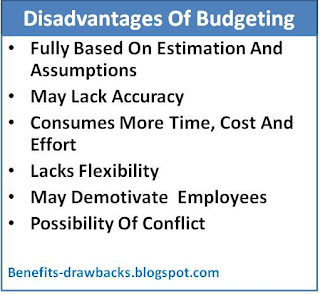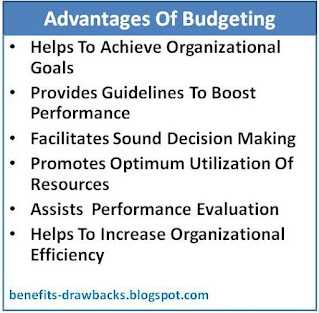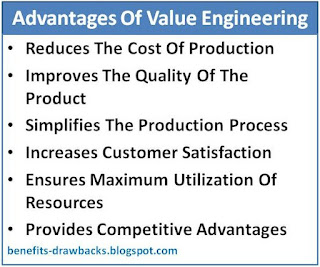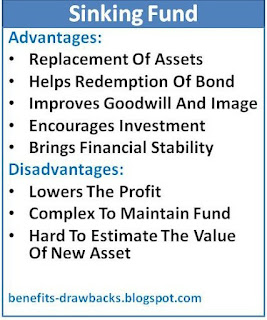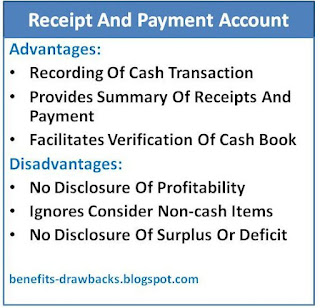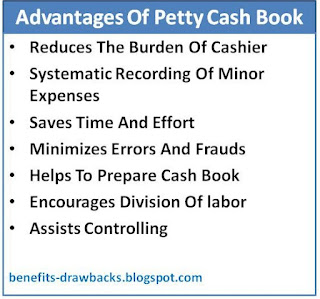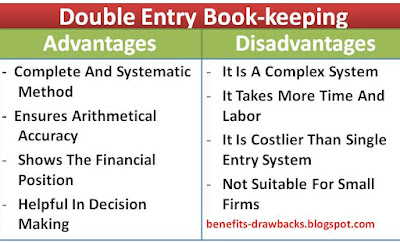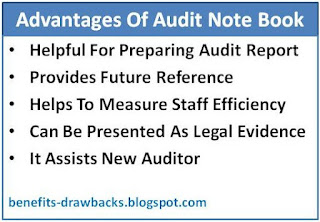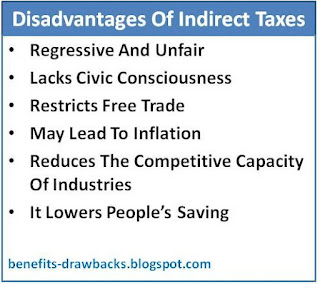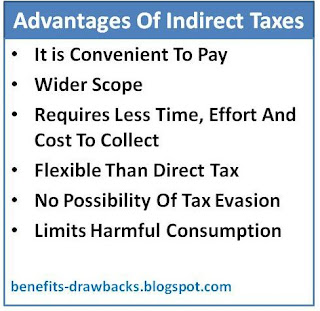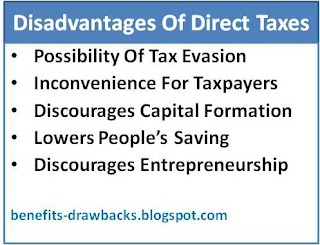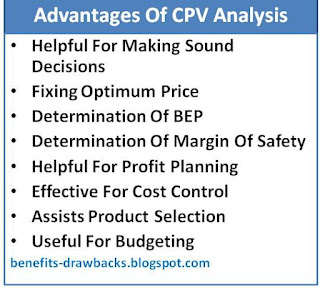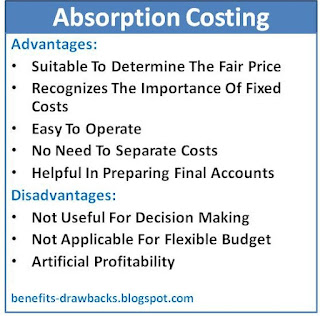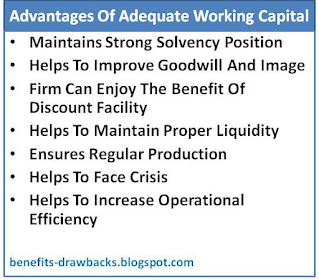Some of the notable benefits or advantages of flexible budget can be pointed out as follows:
1. Range Of Activity
Generally, static budget is prepared for single level only, but flexible budget is prepared for a range of activity. This is one of the major advantages of flexible budget.
2. Easy Comparison
Flexible budget helps to compare actual output, cost or performance with standard or budgeted output, cost and performance.
3. Cost Control
It can be used as a effective tool for cost control because flexible budget reacts to adverse situation.
Also Read:
Static budget is based upon assumptions, judgment, estimates and approximations. But flexible budget is prepared on the basis of knowledge and principles.
5. Flexibility
It is more flexible than static budget. It can be modified or changed according to the market situation and environment.
6. Performance Measurement
Flexible budget helps to measure managerial and operational performance.



